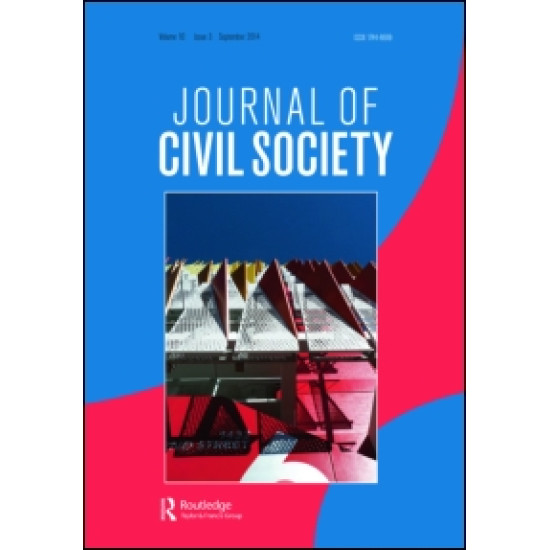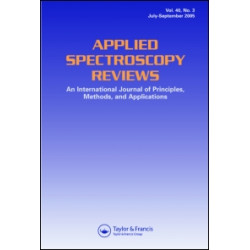
Journal of Civil Society is the leading academic voice for research and policy analysis on civil society. As a peer-reviewed journal with demanding standards, JCS provides a high profile, high impact outlet for world-class scholarship and debate on civil society, and serves as the authoritative source for research in an emerging field that lacks a central organ for dissemination.
Civil society is a contested concept. There is little agreement on its precise meaning, though much overlap exists among core conceptual components. In its transnational dimension, the term goes beyond the notion of both nation state and national society, and allows us to examine critical aspects of globalisation and the emergence of a new social, cultural and political sphere.
JCS seeks to improve the theoretical understanding and empirical knowledge of civil society, its nature, patterns and composition, its history, development, and relationships with the economy, the political system and society at large. A major focus of the journal is to encourage and inform the range of scholarships and approaches on civil society across disciplines and national as well as cultural boundaries.
Specifically, JCS welcomes research and contributions on the history and evolution of civil society in different world regions, at local and regional levels, types, forms and expressions of civil society, empirical work on structure and change of civil society, mapping the contours and dimensions of civil society, theoretical and conceptual studies, comparative analysis, inter and cross disciplinary approaches, policy analysis, institutions, community, social inequality, social inclusion, social justice, social and cultural capital, economy, governance and democracy.

















